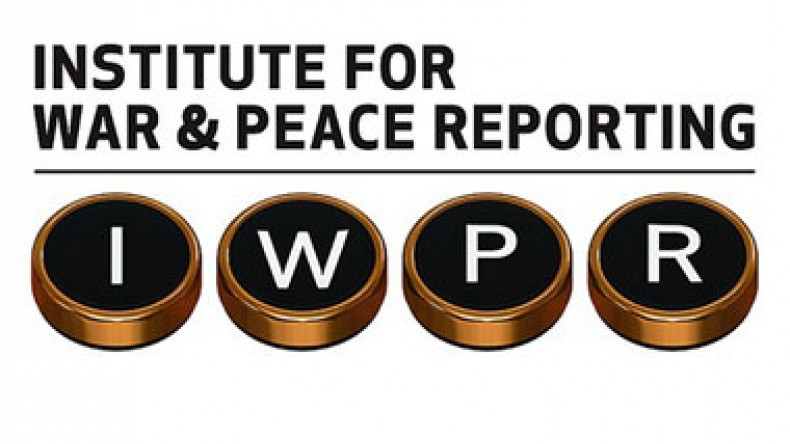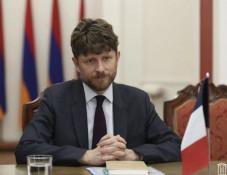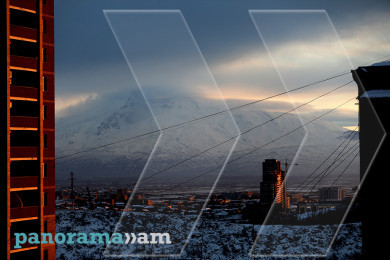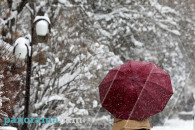
IWPR: Azerbaijani authorities want to turn Islam into something that can be owned and controlled
Azerbaijan has tightened restrictions on religious literature – both imported and locally published– in a move that reflects official worries about Sunni radicalism and also about interference by the Shia theocracy in neighbouring Iran, the IWPR says.
“Legislative amendments passed in December 2011 made it a criminal act to import, publish or distribute religious material that has not been approved by the government committee for religious organisations. The changes passed by Azerbaijan’s parliament on February 22 add to this by requiring all such items – audio and video material as well as literature – to carry an official stamp of approval, and confines their sale to government-designated retail outlets,” the publication says.
Azerbaijan is a predominantly Muslim country with a Shia majority. The end of the Soviet Union in 1991 brought about a resurgence in Islam, and the authorities frequently express concern about Tehran’s attempts to project its influence in the Shia community of Azerbaijan. Among the Sunni minority, the government takes a dim view of groups like the Salafis, with roots in the Arab world.
“Azerbaijan has a new generation of believers who are very active,” Goyushev said. “The government wants to control them and those [foreign] influences. It wants to make Islam something it owns and control,” Altay Goyushov, a historian of religion from Baku State University, says.
According to the article the authorities are especially annoyed when Islamic figures accuse them of mismanagement and corruption. “In 2011, Movsum Samadov, head of the Islamic Party of Azerbaijan, was arrested after comparing President Ilham Aliyev to one of the most hated figures in the Shia tradition,” Sultanova writes.
Limiting access to Muslim literature is opposed by religious figures like Faiq Mustafa of the Lezgi mosque in the capital Baku, where the congregation is Sunni. “We need literature just like anyone else,” he said. “We need it even more, in fact, because Islam is such a complicated science. Unlike the stereotypical view that we gather in the mosque for a chat, we have to read a great deal to be aware of the Islamic rules for marriage, property, income, and so on. Religious literature is at the core of our community’s development.”
The parliament debate also touched on the external signs of Islamic observance. One member, Ilham Aliyev (who bears the same name as Azerbaijan’s president), said he could not stand the sight of the beards and short trousers favoured by Salafis, and said these people should be ostracised from society. “International human rights organisations have documented a number of cases where Salafis have been harassed. Apart from hinting that they are potential terrorists, the authorities are unhappy that Salafi congregations tend to avoid registering with the official body that governs Azerbaijan’s Muslims, both Shia and Sunni,” the article says.
Newsfeed
Videos






























